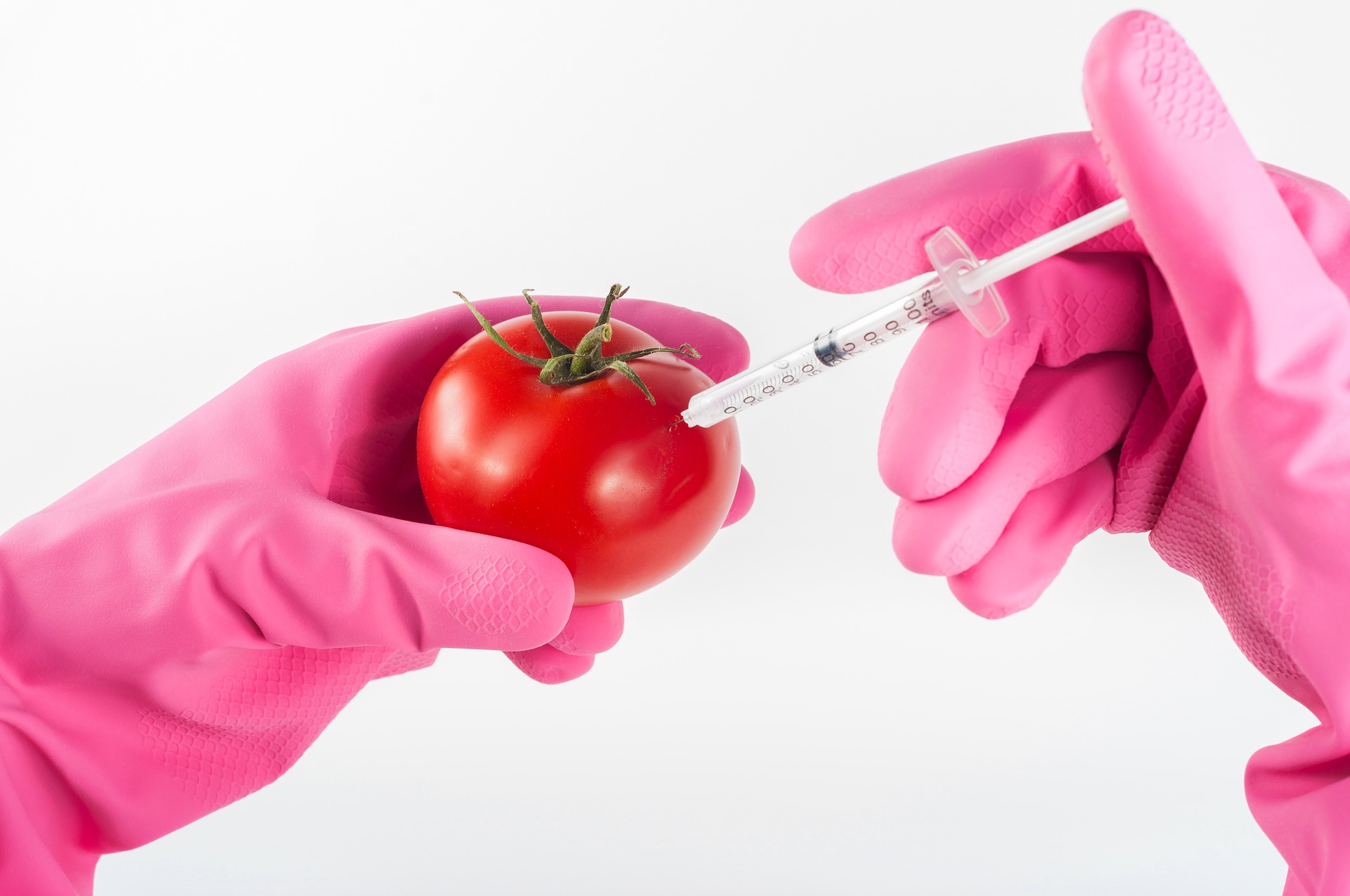Twenty five years ago, AquaBounty, a biotechnology company aiming to improve aquaculture productivity and sustainability, created a genetically modified Atlantic salmon that is now in the process for approval by the Food and Drug Administration (FDA) to be the first genetically modified meat for human consumption to hit the markets…and it might not even be labeled as “genetically modified.” Approval of the salmon would also give a “green light” for other companies to bring their genetically modified meats to the market. If there is a market for genetically modified fish, there is potential for genetically modified pigs or cows.
Salmon is the third most popular seafood in the United States, boasting health benefits such as being a healthier alternative to red meat and a good source of omega-3 fatty acids. The “Frankenfish” grows to market weight twice as fast as wild salmon with “few effects other than a greater appetite and leaner body,” so it is expected to improve the availability of salmon as food worldwide.
Preliminary findings have led the FDA to deem the salmon safe, but opponents aren’t as convinced. The effects on consumers and public health are not necessarily within the scope of the FDA’s safety assessment. With concerns about allergies and lack of studies on the long-term effects of genetically modified foods on human health, opponents don’t think that the FDA can make a fully informed decision on this topic.
If the FDA approves it but you don’t, some grocery stores, including major chains like Target and Safeway, have refused to sell the GM salmon even if it does get FDA approval.










